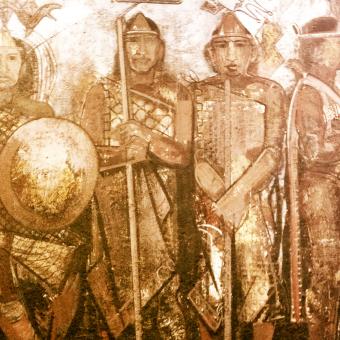
Pirate or privateer? In practice, identical, but in terms of legal and social standing, the designations were considered worlds away in the contested waters of the North Atlantic. How did sanctioned privateering transition over time to being considered lawless pirating?







